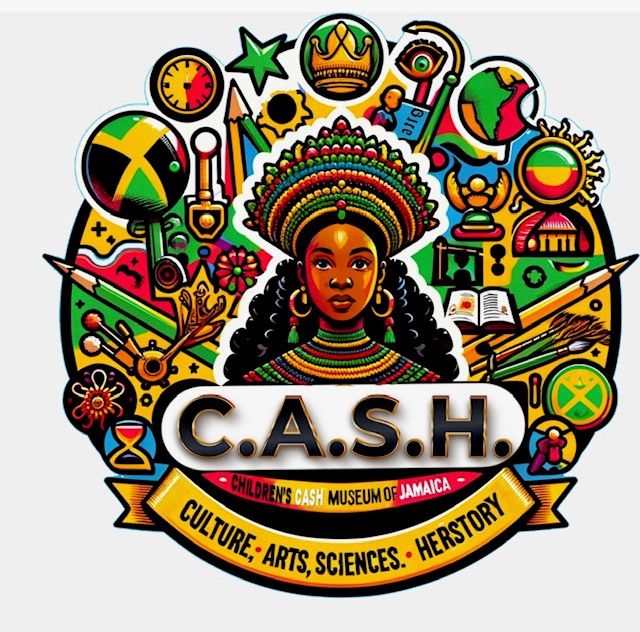Create and Launch Is A Breeze
Discover the keys to open a treasure house of philosophic, scientific, and religious truths.
-
Research
-
Philosophy
-
Science
-
Religion
-
Discussion
-
Debate
Egypt’s Hidden Knowledge
Far-sighted were the initiates of antiquity. They realized that nations come and go, that empires rise and fall, and that the golden ages of art, science, and idealism are succeeded by the dark ages of superstition. With the needs of posterity foremost in mind, the sages of old went to inconceivable extremes to make certain that their knowledge should be preserved.
Today men gaze with awe and reverence upon the mighty Memnons standing alone on the sands of Egypt, or upon the strange terraced pyramids of Palanque. Mute testimonies these are of the lost arts and sciences of antiquity; and concealed this wisdom must remain until this race has learned to read the universal language--SYMBOLISM.
Today men gaze with awe and reverence upon the mighty Memnons standing alone on the sands of Egypt, or upon the strange terraced pyramids of Palanque. Mute testimonies these are of the lost arts and sciences of antiquity; and concealed this wisdom must remain until this race has learned to read the universal language--SYMBOLISM.
Use of Symbolism
Symbolism is the language of the Mysteries; in fact it is the language not only of mysticism and philosophy but of all Nature, for every law and power active in universal procedure is manifested to the limited sense perceptions of man through the medium of symbol.
By symbols men have ever sought to communicate to each other those thoughts which transcend the limitations of language. Rejecting man-conceived dialects as inadequate and unworthy to perpetuate divine ideas, the Mysteries thus chose symbolism as a far more ingenious and ideal method of preserving their transcendental knowledge. Hence, he who seeks to unveil the secret doctrine of antiquity must search for that doctrine not upon the open pages of books which might fall into the hands of the unworthy but in the place where it was originally concealed.
By symbols men have ever sought to communicate to each other those thoughts which transcend the limitations of language. Rejecting man-conceived dialects as inadequate and unworthy to perpetuate divine ideas, the Mysteries thus chose symbolism as a far more ingenious and ideal method of preserving their transcendental knowledge. Hence, he who seeks to unveil the secret doctrine of antiquity must search for that doctrine not upon the open pages of books which might fall into the hands of the unworthy but in the place where it was originally concealed.
Meet your Guide
Bibi aka Empress
In all cities of the ancient world were temples for public worship and offering. In every community also were philosophers and mystics, deeply versed in Nature's lore. These individuals were usually banded together, forming seclusive philosophic and religious schools. The more important of these groups were known as the Mysteries. Many of the great minds of antiquity were initiated into these secret fraternities. This course is designed to acquaint you with their teachings.
Welcome Aboard.
~Empress
Welcome Aboard.
~Empress
Karen Francis-Winston MSEd~Course Coordinator



